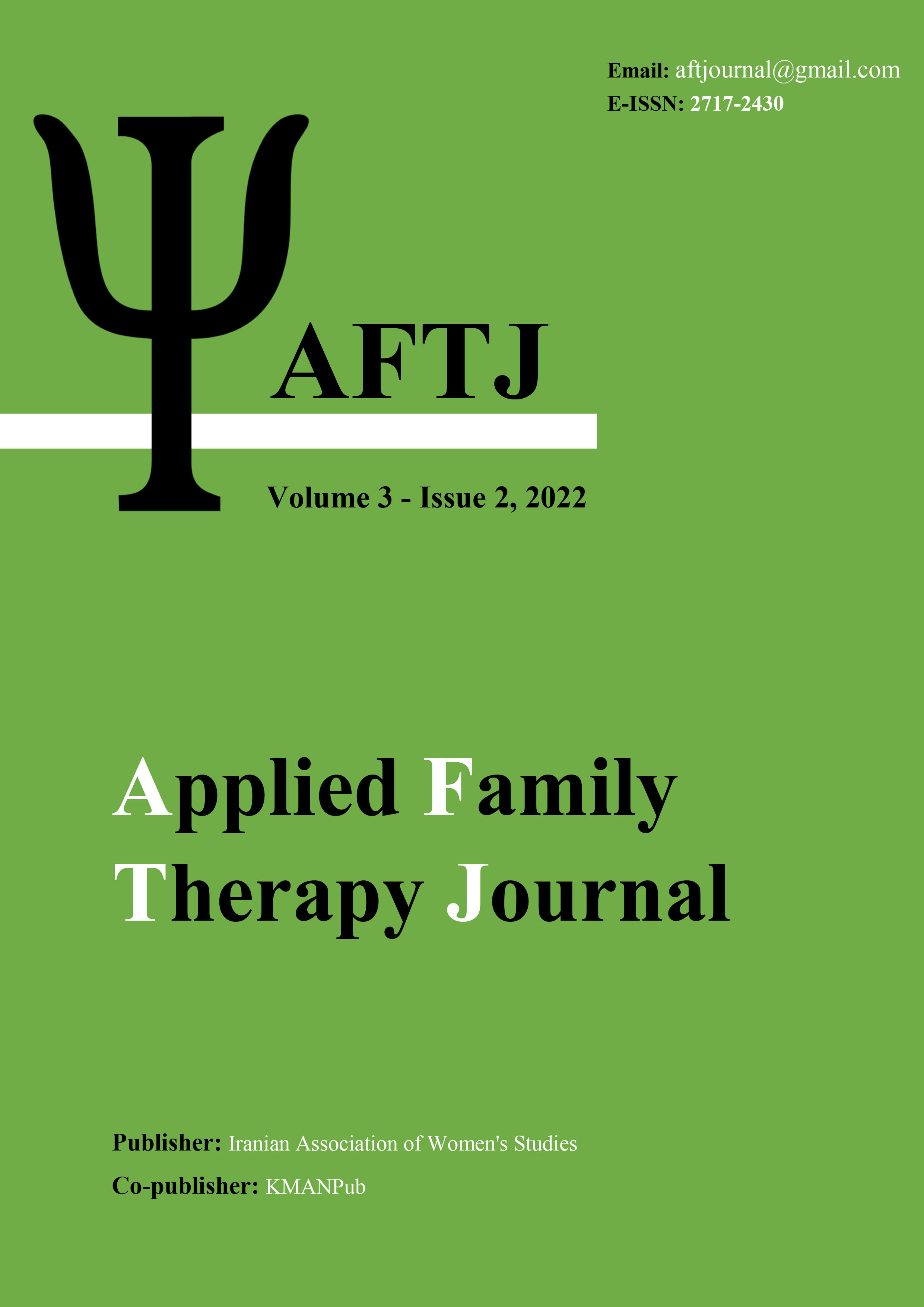Predicting marital satisfaction based on mental health and psychological capital of working women
Keywords:
Marital Satisfaction, Mental Health, Psychological CapitalAbstract
Aim: The purpose of this study was to predict marital satisfaction based on mental health and psychological capital of working women. Methods: This is a descriptive correlational research, The statistical population of the study included all working women who referred to the counseling center of the Education Department of District 10 of Tehran, the number of which in the period of three months of summer 1399 is equal to 480 people and according to the total population The number of research samples was estimated to be 214, which was selected by simple random sampling. Data collection tools included the Enrich Marital Satisfaction Questionnaire (1998), the Goldberg & Hiller (1972) Mental Health Questionnaire, and the Lutans (2007) Psychological Assets Questionnaire. Results: The results of the correlation coefficients showed that mental health and psychological capital can predict the marital satisfaction of working women, and according to the beta value, mental health has a greater contribution in predicting the marital satisfaction of working women (P<0.05). Conclusion: The significance of psychological capital components can increase marital satisfaction; In other words, the significance of psychological capital indirectly and in interaction with mental health can increase marital satisfaction.
Downloads
Downloads
Published
Issue
Section
License

This work is licensed under a Creative Commons Attribution-NonCommercial 4.0 International License.





















